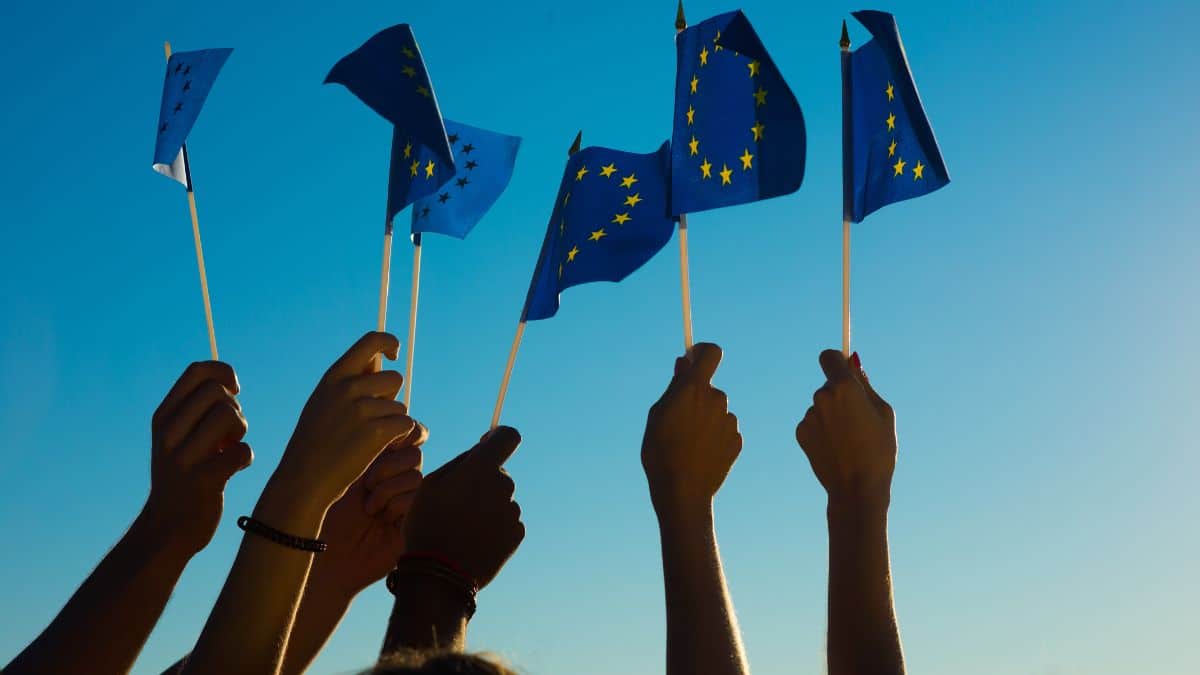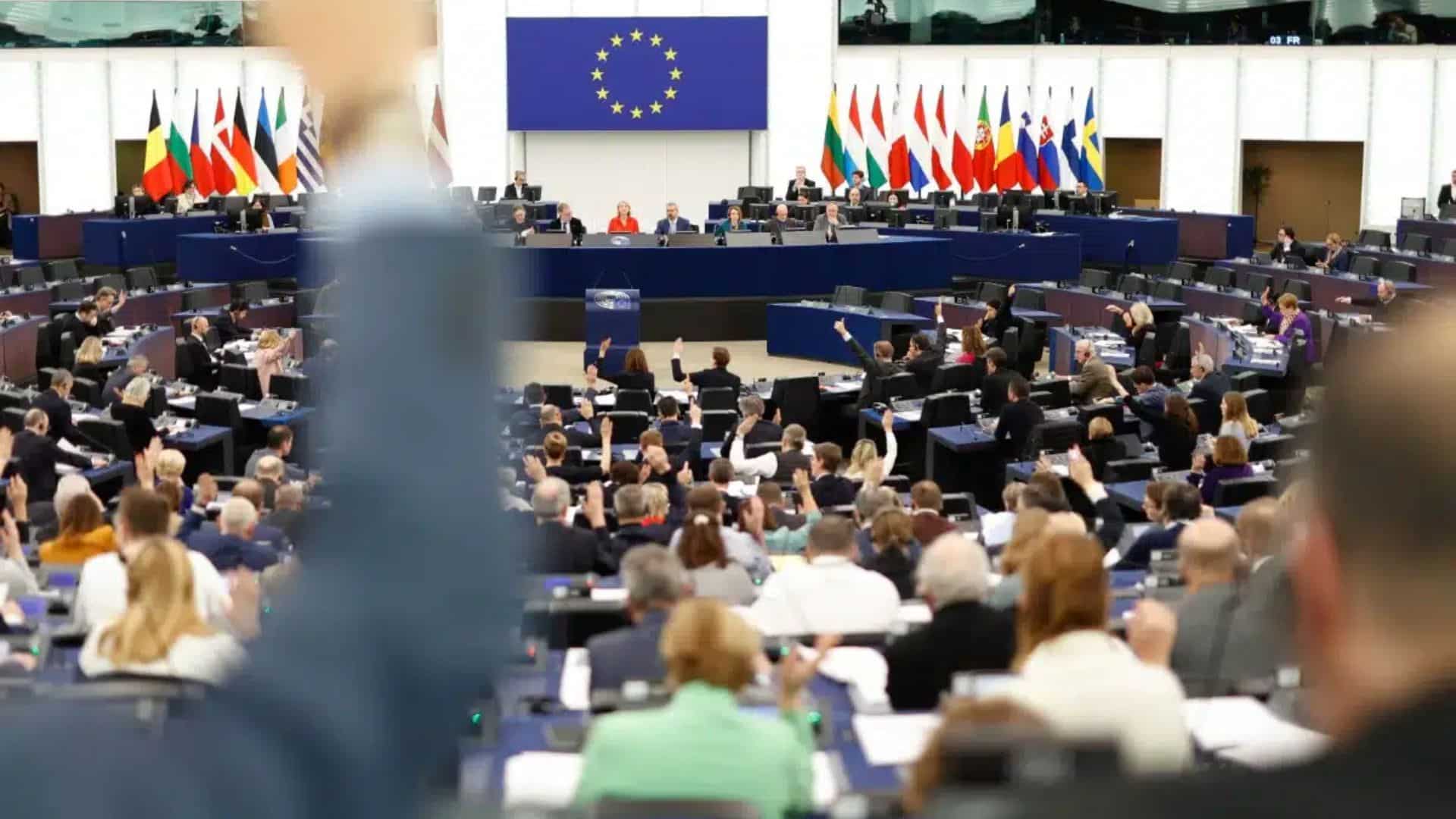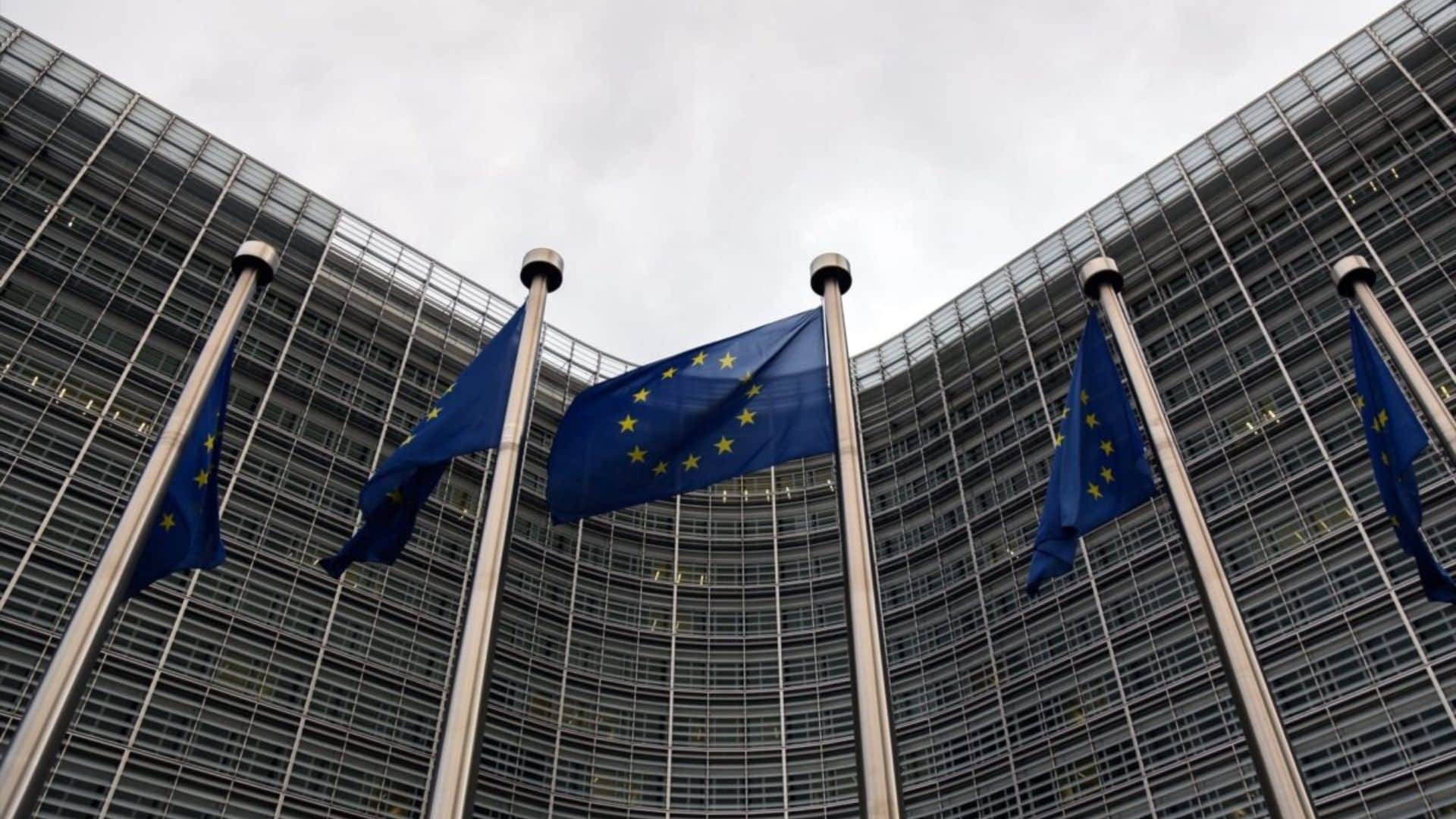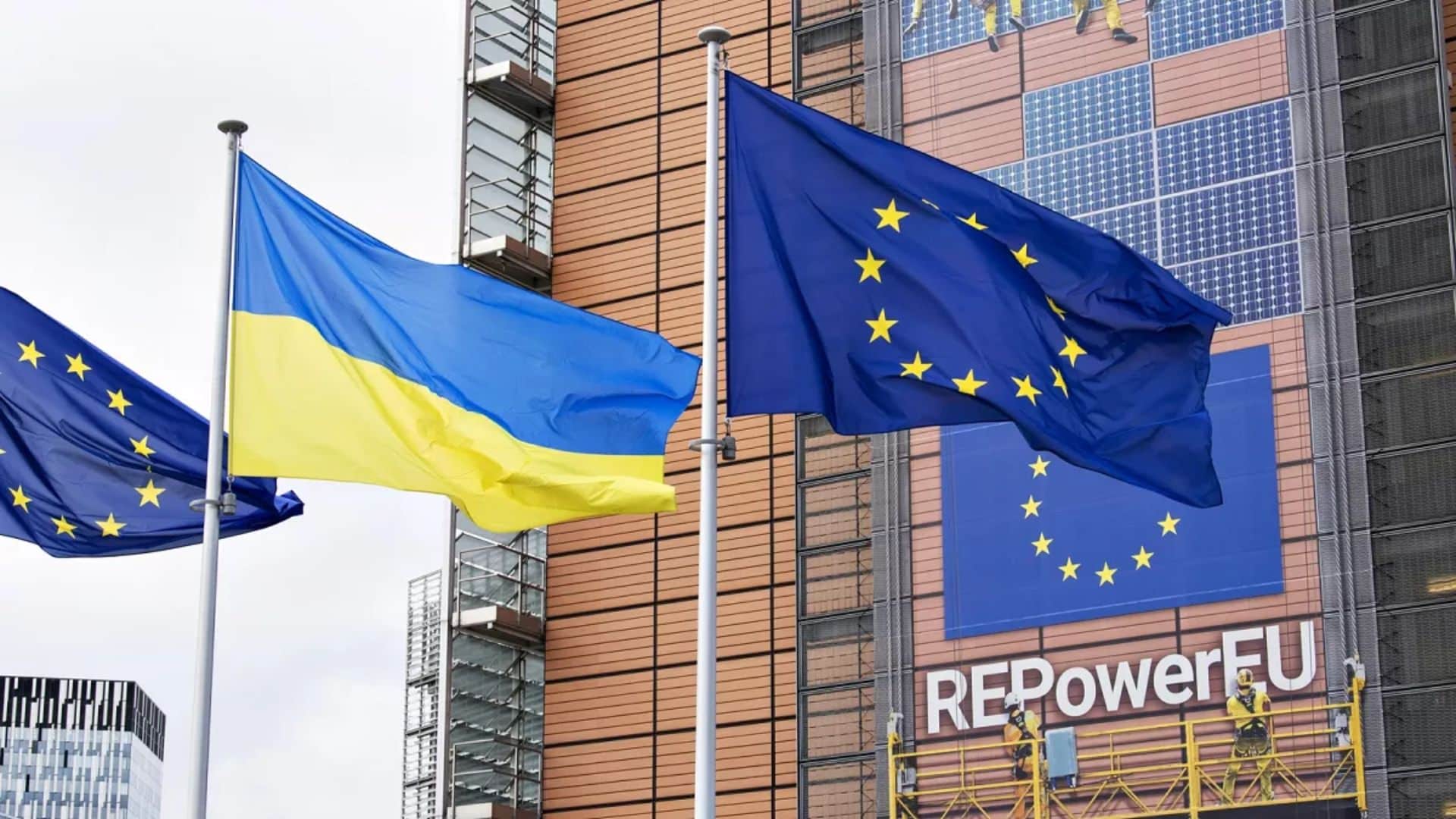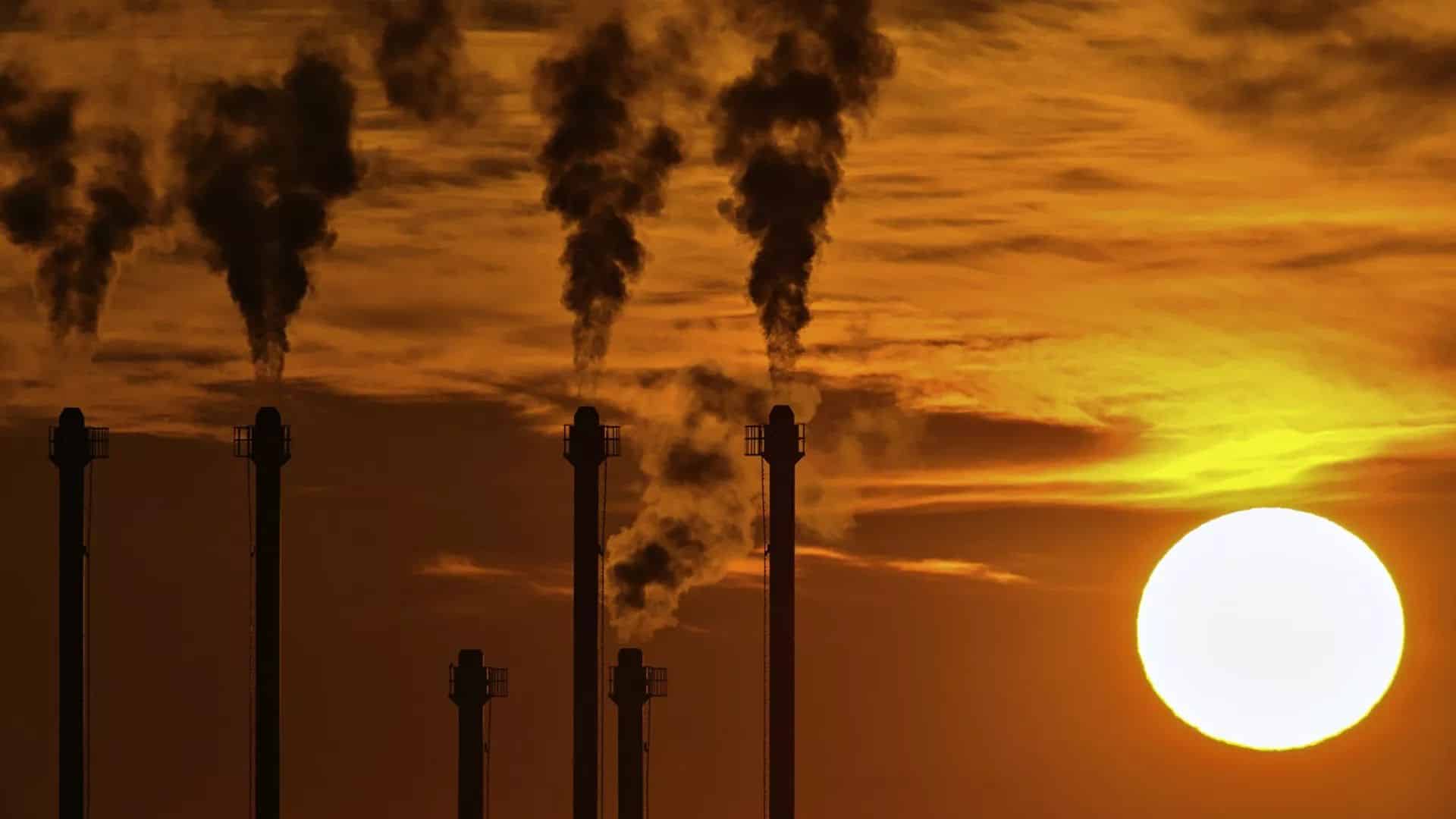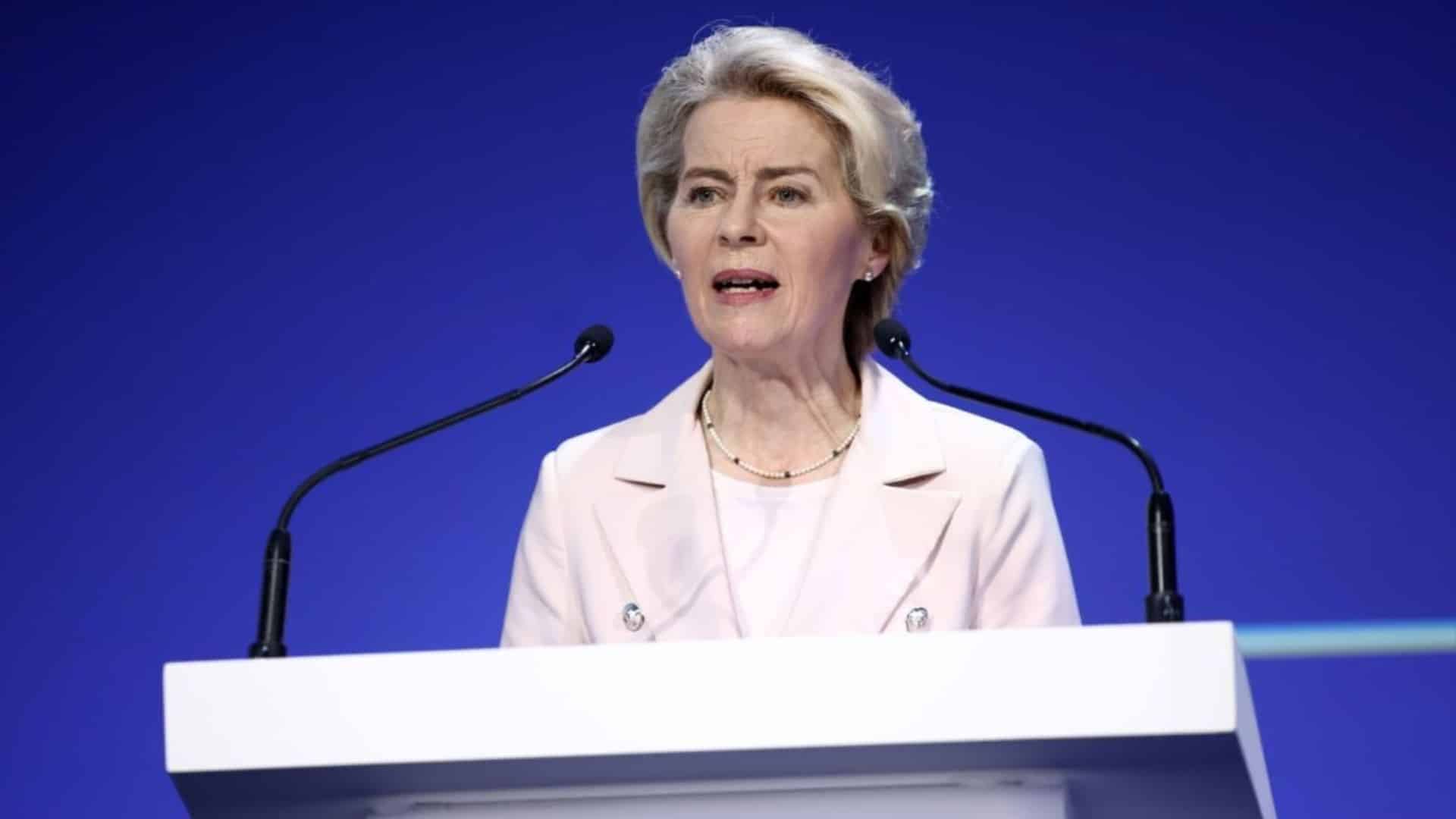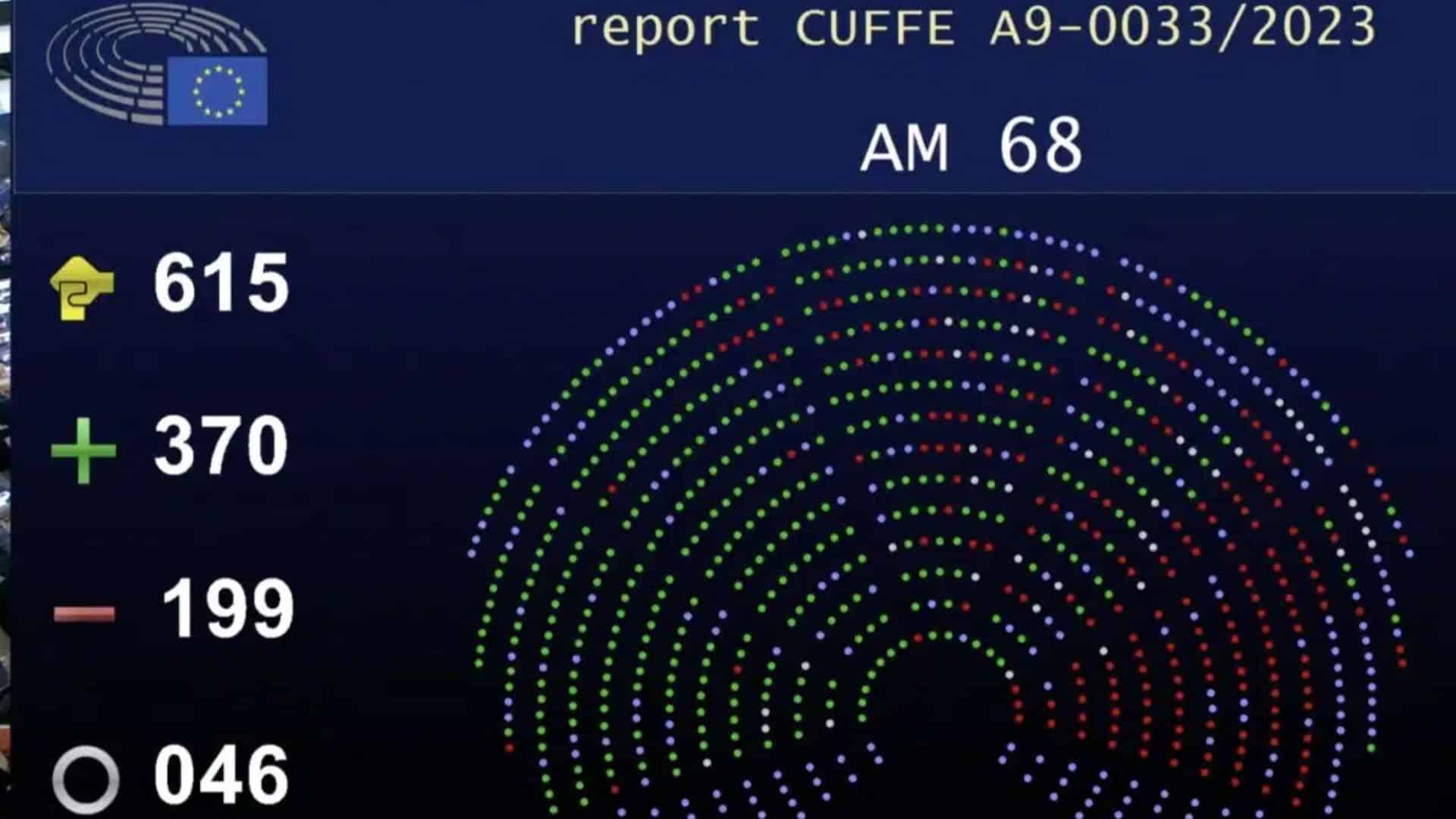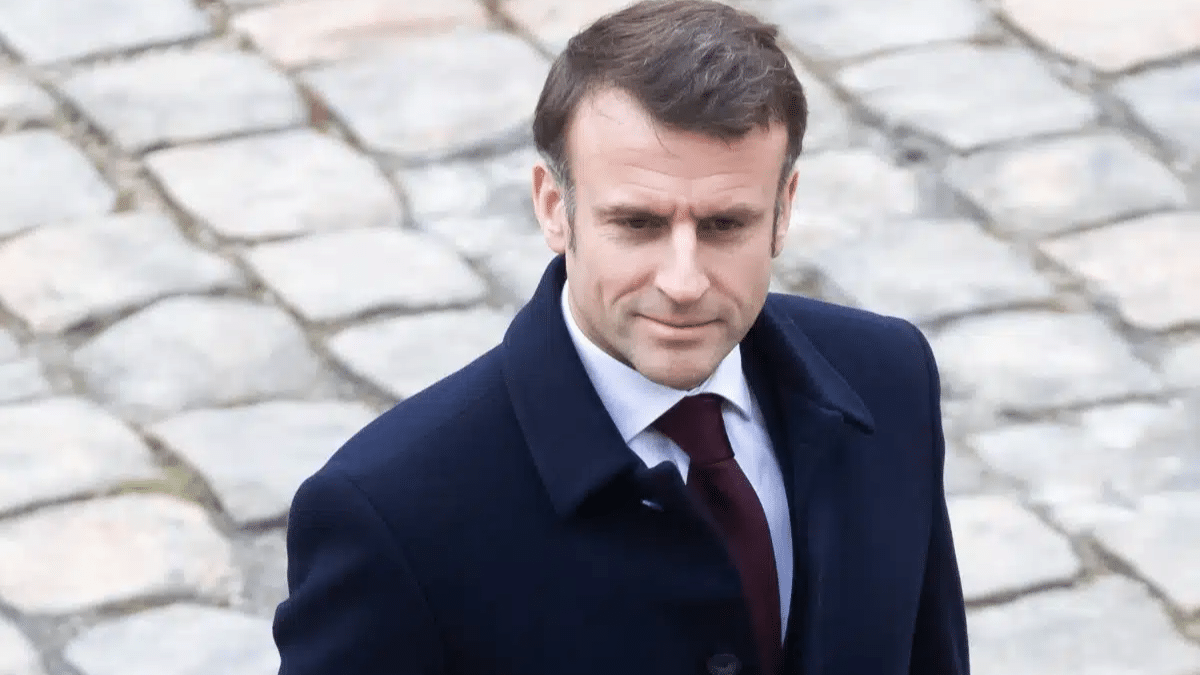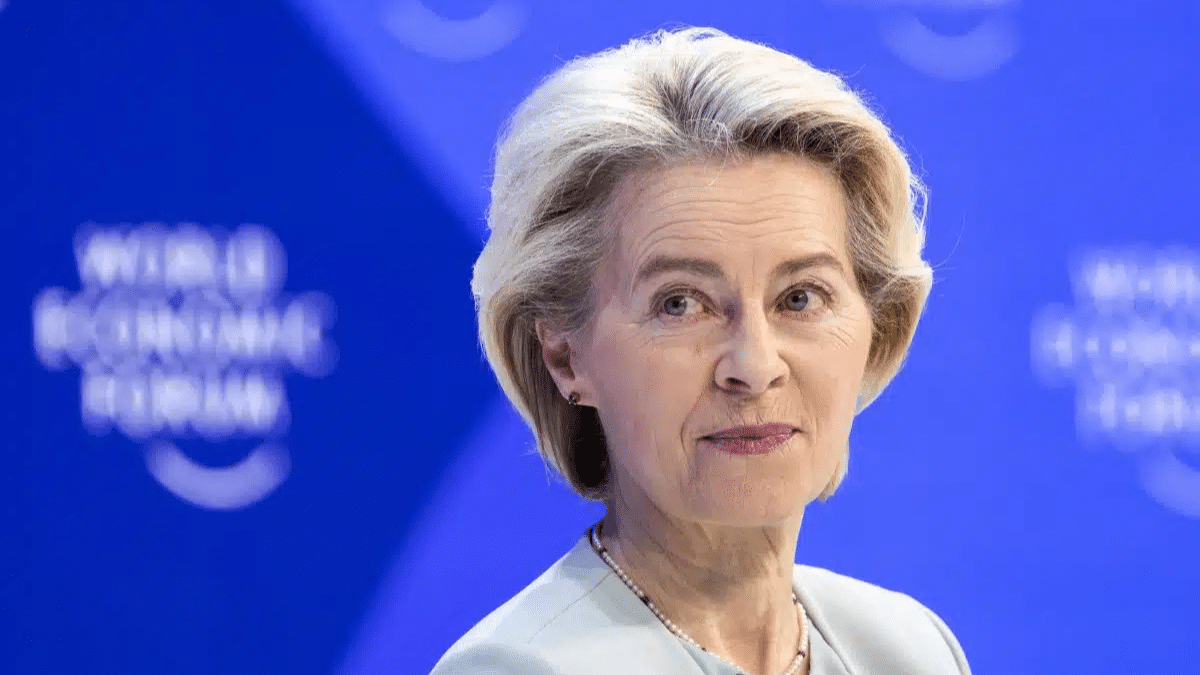
The diplomatic arm of the EU should provide enhanced support to the Union’s “embassies” abroad
A new report from the European Court of Auditors indicates that the European External Action Service (EEAS) generally performs effectively in coordinating the EU’s foreign action. This coordination is successful at its Brussels headquarters and with EU delegations worldwide, as well as with the European Commission and the Council of the EU. However, the EEAS needs to enhance its engagement with EU delegations and secure information exchange, as some aspects of its information management are not sufficiently tailored for their intended use.
Established in 2011 through the Lisbon Treaty, the EEAS supports the EU’s High Representative for Foreign Affairs and Security Policy, who also serves as Vice President of the Commission and chairs the Foreign Affairs Council with member state foreign ministers. Given the complex nature of this arrangement and the critical role of the EEAS in facilitating the EU’s diplomatic relations with third countries and international organizations, its coordination with the Council, Commission, and the 145 EEAS-dependent EU delegations is crucial.
Marek Opiola, a member of the Court who led the audit, emphasized the importance of EU foreign policy and its execution, especially in light of recent events like Russia’s invasion of Ukraine. While the EEAS performs its coordinating role well, he noted issues with IT management, reporting, and staffing.
The EEAS underwent a comprehensive internal review in 2021, leading to measures to update its structure for a more effective geopolitical role. Auditors acknowledged the value of this revision, noting improvements in the EEAS’s working methodology. They also found its coordination with the Commission and Council to be adequate. Over half of the EU ambassadors surveyed welcomed the updated work regime, but less than three out of ten believed the new structure would positively impact their delegation’s performance.
EU delegations contribute to formulating EU foreign policy by reporting to the EEAS headquarters. Despite frequent communication, this information flow is often one-way, with delegations not receiving timely feedback. The headquarters also fail to communicate regarding annual planning, and some ambassadors have not received their mandate letters. However, clear instructions on diplomatic procedures, such as voting in the United Nations, are provided to the delegations by the headquarters.
The EEAS and EU delegations handle a significant amount of sensitive information, but auditors found shortcomings in the EEAS’s information management, lacking effective collaboration and knowledge management tools. These IT deficiencies hinder information sharing. Several ambassadors complained that the EEAS’s essential system for transmitting classified information is too cumbersome for the internet speeds in their countries, and the current IT tools for secure communication are not sustainable. Some IT tools used by delegations for secure information exchange are too complex or not user-friendly, leading to their limited adoption.
In 2022, the EU funding for the EEAS, including staff from the delegations and the Commission, exceeded one billion euros, with a workforce of 8,103 in 2023. The High Representative of the EU for Foreign Affairs and Security Policy, also Vice President of the Commission, ensures the coherence of the EU’s external action, while the EU delegations represent the EU in third countries or international organizations. More EU policies now have an external dimension, and most EU delegations play a more significant role in foreign policy.
The Special Report 02/2024 “Coordinating Role of the European External Action Service – Generally Effective but with Shortcomings in Information Management, Staffing, and Reporting” is available on the European Court of Auditors’ website. This is the third audit of the EEAS by the Court, following audits of its creation and its buildings worldwide. The report covers the period from September 2021, when the EEAS began implementing new working methods and updated its structure, to April 2023.

